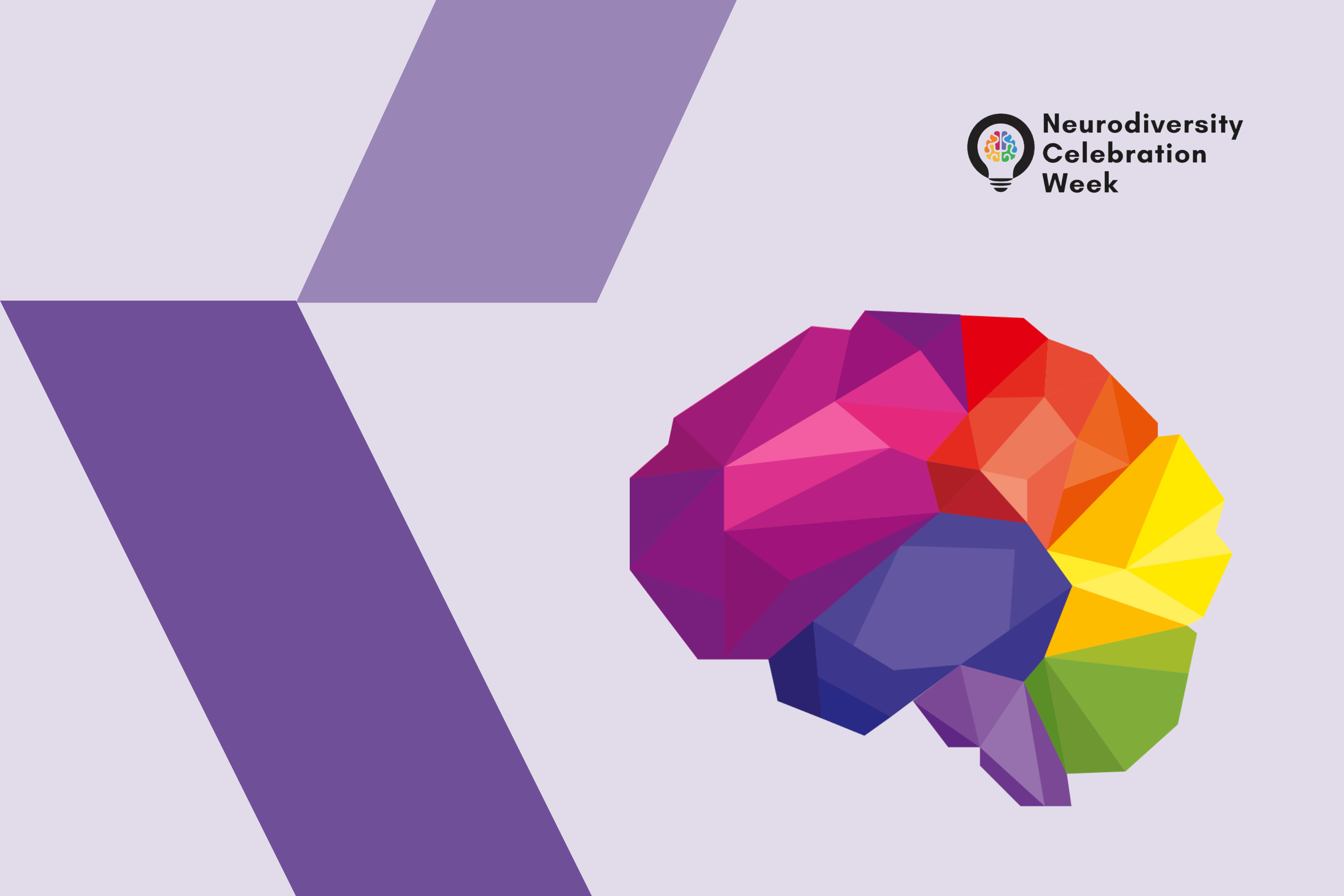Many of us have heard of the difficulties or ‘deficits’ associated with Specific Learning Difficulties (SpLDs), like dyslexia, dyspraxia, and ADHD. But are we aware of the positive aspects that can make dyslexic individuals so successful?
Difficulties with attention and concentration? Time management and planning issues? Short term memory concerns? Persistent difficulties with reading and spelling? Word retrieval problems? Many notable individuals – such as businessman Lord (Alan) Sugar, poet Benjamin Zephaniah and Nobel prize-winning microbiologist Carol Greider – have not just overcome but have harnessed the power of their Specific Learning Difficulties in their lives and careers.
The ‘dyslexic advantages’
Dyslexic minds can be predisposed to specific strengths because of the unique ways they process information. The book, The Dyslexic Advantage, suggests that these strengths arise from the same variations in processing that cause dyslexic difficulties with literacy, language and learning.
Dyslexic advantages include:
- Strengths in spatial visualization,
- Perception of relationships,
- Narrative reasoning, and
- Abilities to perceive and use patterns in changing data sets.
So, the flexibility in visual thinking that can cause persistent problems with letter or number reversals when writing (eg b/d/p/q, 6/9 confusion), can also generate a flexibility in spatial visualization that is highly advantageous to a dyslexic working in 3D. This strength in spatial visualization facilitates success in fields such as architecture, engineering and science – see the iconic design of London’s O2 Arena, by dyslexic architect, Richard Rogers, for example.
Beyond dyslexia
And it is not just dyslexia: dyspraxia too is often associated with strengths in big picture thinking, being able to identify patterns, and problem-solving skills. Likewise, positive attributes of ADHD are recognized to include strengths in energy, divergent thinking, and adventurousness. Indeed, some individuals with ADHD describe how their divergent ‘outside the box’ thinking inundates them with ideas, providing a great source of creativity. Some also describe an abundance of physical energy that they can harness productively, and that makes them feel younger than their peers!
Recognizing these positive strengths for individuals with SpLDs is important for building confidence and encouraging success.
Written by Cathy Myers, Specific Learning Difficulties Adviser in Student Support and Wellbeing, 24.02.23.
Are you a Kent student who might benefit from support?
Student Support and Wellbeing have expert staff who are here to offer you support during your studies. If you have a Specific Learning Difficulty (SpLD), or feel that you experience difficulties, register with Student Support and Wellbeing and make an appointment with an SpLD Adviser. Want to know more? Please view this visual guide on How to get Specific Learning Difficulty Support.
Get tailored employability support:
- Finding disability confident employers: Online workshop for Kent students on Tuesday 14th March 12pm-1pm – book online to receive details of how to join.
- How to manage the uncomfortable when looking for employment or navigating challenges at work: Online workshop for Kent students on Thursday 16th March 11:00 – 12:30 – book online to receive details of how to join.
Find peers:
Attend the neurodiversity cafe on Monday 13 March from 12:00 – 14:00.
What do you think?
Would you like to contribute your experience and perspective to conversations, podcasts or articles on this or other topics covered by Student Services (employability, support services, student wellbeing, faith and belonging, inclusion, student healthcare)? Please email StudentServicesWeb@kent.ac.uk – we welcome student and staff contributions.

